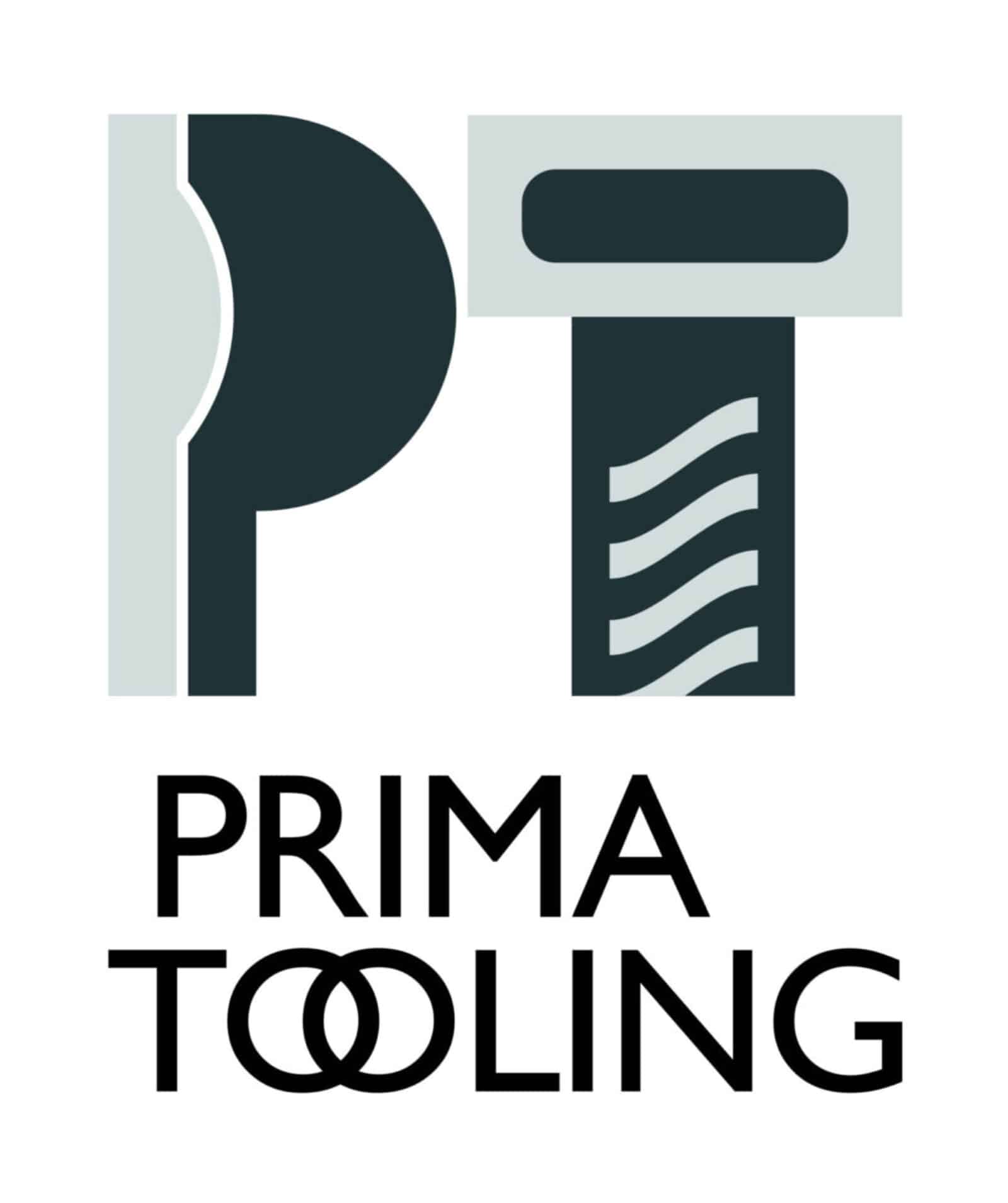PCD milling cutters are at the forefront of cutting technology, offering unmatched durability and performance. Understanding what PCD milling cutters are and how they work can provide valuable insights into their advantages and applications. If you are looking to enhance your cutting processes, PCD End Mills are a great option.
PCD stands for Polycrystalline Diamond, which is one of the hardest materials available. This makes PCD cutters incredibly tough and long-lasting. The cutters are made with diamond brazed tips, creating a tool that can withstand a lot of wear and tear. This process results in a cutter that delivers cleaner cuts and has a longer life than traditional tools.
Exploring the benefits of PCD milling cutters helps to see why they are a popular choice in various industries. They not only last longer but also provide superior cutting performance. These End mills are commonly used in industries such as aerospace, automotive, and woodworking. Knowing how to use and take care of PCD milling cutters can maximise their efficiency and keep your operations running smoothly.
Understanding PCD Milling Cutters
What Are PCD EndMills?
PCD stands for Polycrystalline Diamond, and these cutters have brazed tips made Polycrystalline diamond. PCD milling cutters are incredibly hard and durable. They are designed to handle tough materials that would quickly wear down other types of cutters. These tools are often used in applications that need precise and clean cuts.
PCD milling cutters are highly valued for their ability to maintain sharpness over long periods. This means they require less frequent replacements, making them cost-effective in the long run. They are popular in industries where cutting precision and tool longevity are critical.
How PCD Milling Cutters Are Made
The manufacturing process of PCD milling cutters tips involves combining diamond particles under high pressure and high temperature. This creates a very hard and wear-resistant cutting surface. The diamonds are bound into a solid piece using a metallic binder, usually cobalt.
These formed PCD blank tips which are then brazed onto a carbide substrate, which serves as the tool’s body. The cutting edges are ground to specification, ensuring they meet precise requirements. This process results in a tool that is tough enough to handle abrasive materials while maintaining high cutting performance.
Advantages of Using PCD Milling Cutters
Exceptional Durability and Lifespan
One of the biggest advantages of PCD milling cutters is their exceptional durability. These tools are much harder than traditional carbide cutters, allowing them to last much longer. This extended lifespan means fewer tool changes and less downtime, which boosts productivity.
Because the tips are made from synthetic diamond, PCD cutters resist wear and maintain their sharp edges. This reduces the number of replacements needed over time, making them a cost-effective choice despite their higher initial cost.
Superior Cutting Performance
PCD End Mills offer superior cutting performance, providing clean and precise cuts. Their sharp edges can produce high-quality finishes with minimal burrs. This is especially important in industries where smooth surfaces are required, such as in aerospace and automotive applications.
These cutters also excel at high-speed cutting operations. Their efficiency reduces machining time and improves overall production speed. By maintaining consistent performance throughout their lifespan, PCD milling cutters ensure reliable and high-quality results.
Applications of PCD Milling Cutters
Ideal Materials for PCD Milling
PCD Endmills excel when used on specific materials. They are perfect for machining non-ferrous metals and non-metallic materials. The following are ideal:
1. Aluminium and its Alloys: PCD cutters are excellent for aluminium due to its softness and tendency to gum up traditional tools.
2. Copper and Brass: These materials benefit from the smooth finishes that PCD cutters provide.
3. Plastics and Composites: PCD milling cutters handle abrasive plastic and composite materials without excessive wear.
4. Graphite: Used commonly in mould making, PCD cutters are perfect for machining graphite due to their durability.
Common Industries Using PCD End Mills
Several industries rely on PCD milling cutters for their specialised needs. These industries appreciate the tool’s durability, cutting performance, and efficiency:
1. Aerospace: The precision and smooth finish that PCD cutters provide are crucial for aerospace components.
2. Automotive: PCD cutters are widely used in machining parts that require high precision, such as engine components.
3. Woodworking: The superior lifespan and clean cuts of PCD cutters make them ideal for high-quality wood products.
4. Electrical and Electronics: These industries use PCD cutters for creating components requiring high precision and smooth finishes.
Tips for Maximising the Efficiency of PCD Milling Cutters
Proper Usage Techniques
Maximising the efficiency of PCD milling cutters involves using them correctly:
1. Right Cutting Speed: Unlike other tools, PCD cutters require high cutting speeds for optimal performance.
2. Appropriate Feed Rate: Ensure the feed rate is not too slow to avoid rubbing and not too fast to prevent tool damage.
3. Correct Tool Path: Use a consistent and logical tool path to avoid unnecessary stress on the tool.
Maintenance and Sharpening Tips
Regular maintenance and proper sharpening can extend the life of PCD milling cutters, ensuring they remain effective:
1. Routine Inspection: Regularly check the tool for wear and tear. Early detection of issues can prevent larger problems.
2. Proper Cleaning: Clean the cutters after each use to remove any built-up debris that can affect performance.
3. Professional Sharpening: While PCD tools are long-lasting, they will eventually need sharpening. Use professional services to maintain the integrity of the PCD cutting edge.
Conclusion
PCD milling cutters provide significant advantages in cutting technology. Their exceptional durability and superior cutting performance set them apart from traditional tools. They are ideal for machining non-ferrous metals and non-metallic materials, making them a valuable asset in the aerospace, automotive, woodworking, and electronics industries. Correct usage and regular maintenance can maximise the efficiency and lifespan of these powerful tools.
Enhance your machinery with PCD milling machine tools from Prima Tooling and see a remarkable improvement in your production process. Visit our website to explore our range of precision PCD End Mills and take your workshop to the next level.
